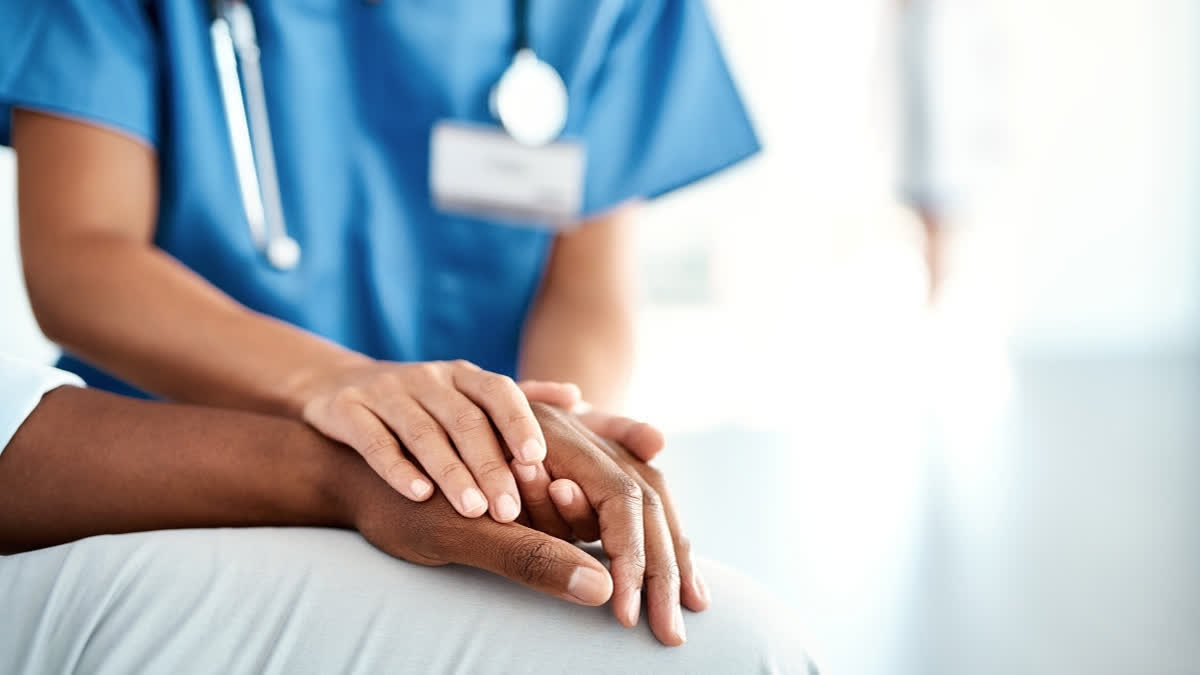New Delhi: Observed on December 12, Universal Health Coverage (UHC) Day is the annual rallying point for the growing movement for health for all. The UHC is a goal of the World Health Organization (WHO) to ensure that everyone has access to quality health services without financial hardship.
Theme & Significance
It was on December 12, 2012, the United Nations General Assembly endorsed a resolution urging countries to accelerate progress toward universal health coverage (UHC) – the idea that everyone, everywhere should have access to quality, affordable health care. On 12 December 2017, the United Nations proclaimed December 12 as International Universal Health Coverage Day (UHC Day) by resolution 72/138.
The UHC Day 2024 focuses on the role of financial protection in accelerating progress towards UHC. Financial protection ensures that people don’t fall into poverty because of having to pay out-of-pocket for health costs.
Over the last 20 years, financial protection has progressively deteriorated, with 2 billion people experiencing financial hardship and 1.3 billion people pushed into poverty due to health spending. This means that mothers may miss out on the life-saving intervention they need for themselves or their children, people are not diagnosed and treated for noncommunicable diseases (NCDs) on time, with delays in early treatment leading to severe, untreatable or life-threatening illnesses.
Access To Essential Health Services
Healthier populations build communities that are more resilient, productive, peaceful and prosperous. Health for all is a prerequisite to achieving the sustainable development goals (SDGs). In spite of numerous high-level political commitments to achieve UHC by 2030, over half of the world’s population still has no access to essential health services.
UHC will remain elusive until governments adequately invest in protecting people – particularly the most vulnerable among us – from impoverishing health spending. This UHC Day, WHO calls for urgent action to put financial protection measures in place.
WHO’s Observation
By adopting the Sustainable Development Agenda in 2015, Heads of State and governments from every country have committed to ensuring healthy lives and promoting well-being for all. They reaffirmed these commitments in the political declarations adopted during the 2019 and 2023 High-Level Meetings on UHC. Yet, 4.5 billion people still do not have access to essential health services.
Over the last 20 years, financial protection has worsened, with 2 billion people experiencing financial hardship and 1.3 billion people pushed into poverty due to health expenses. "This must change! This UHC Day we call on governments to invest in health for all and protect people – particularly the most vulnerable among us – from impoverishing health spending," the world health watchdog said.
India’s Stand On UHC
India is committed to achieving UHC by 2030, which is a target set by the nations of the world as part of the 2030 Sustainable Development Goals (SDGs).
The Government of India has adopted several measures to achieve the goal of universal health coverage. Ayushman Bharat Pradhan Mantri Jan Arogya Yojana (AB PM-JAY), Health and Wellness Centres (HWCs) and increased public investment are some of the major initiatives taken by the government.
The AB PM-JAY insurance scheme aims to cover hospital-level care for over 100 million poor families in both public and private hospitals. It also provides free health insurance coverage of up to Rs 5 lakh per family for senior citizens aged 70 and above. Similarly, through the HWCs, the government is investing in 150,000 HWCs to improve primary healthcare. India’s approach to UHC involves increased public investments in healthcare as well.



